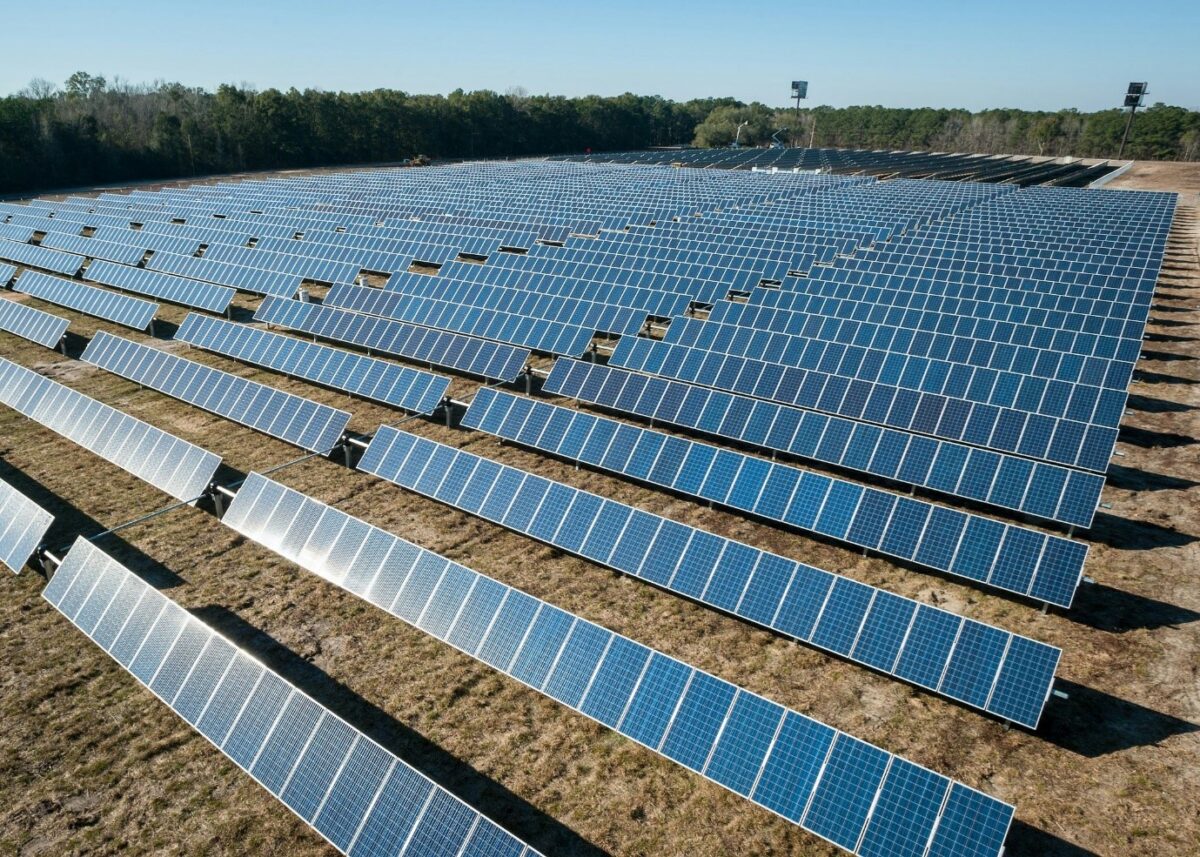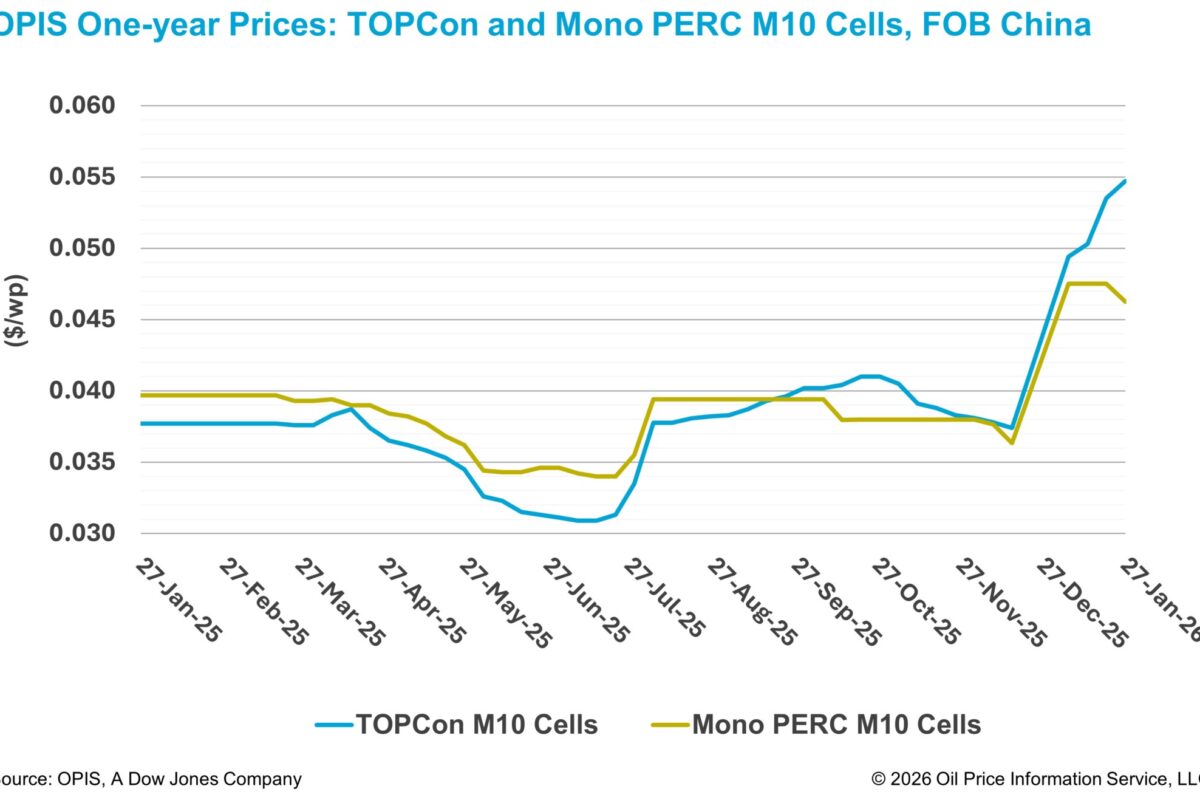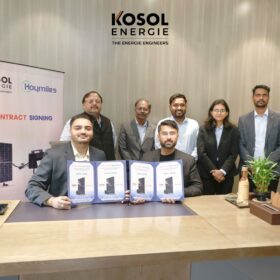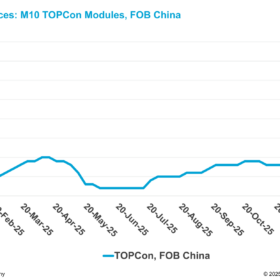The Central Electricity Regulatory Commission (CERC) is set to release final guidelines for virtual power purchase agreements (VPPAs), potentially unlocking financing opportunities for over 40 GW of uncontracted renewable energy projects across the country.
Speaking during a webinar organised by FICCI on VPPAs, Dr S.K. Chatterjee, Chief of Regulatory Affairs at CERC, said that the commission was “almost at the final stage of finalising” the framework after receiving extensive stakeholder feedback on draft guidelines released in May.
The announcement signals a breakthrough for the country’s renewable energy sector, which has long grappled with challenges in traditional power purchase agreements (PPAs), particularly due to frequent payment delays from distribution companies (discoms).
“We want these kinds of agreements to align with our larger objectives of achieving sufficient renewable energy capacities, which could be realised through means other than traditional power purchasing agreements,” Chatterjee said during the webinar.
The commission conceived virtual PPAs to serve two critical purposes: enabling stakeholders to obtain green attributes for environmental, social and governance compliance without requiring traditional power purchase agreements and supporting over 40 GW of renewable energy projects.
Virtual PPAs allow corporate buyers to financially underwrite renewable projects without taking physical delivery of electricity, instead receiving renewable energy certificates as proof of green power procurement.
The regulator has structured the guidelines to ensure VPPAs qualify as non-transferable specific delivery contracts rather than financial derivatives, following consultations with the Securities and Exchange Board of India. Physical delivery of electricity must occur, though not directly to the corporate buyer, with the power sold into wholesale markets instead.
Ashish Mittal, Director, Consulting – Energy & Commodities, CRISIL Intelligence, highlighted the global precedent for virtual agreements, noting that 80% of corporate renewable energy procurement in the United States now uses virtual structures. “It is time for India to embrace it,” Mittal said, while calling for standardised contracting frameworks and formal dispute resolution mechanisms.
Rajasthan has endorsed the framework despite concerns about market pricing volatility during solar generation hours. Rohit Gupta, Chairman & Managing Director of Rajasthan Renewable Energy Corp., stated that the state would “support this initiative as much as possible” while highlighting potential integration challenges.
Subhro Paul, Director (Financial & Commercial Appraisal), Central Electricity Authority, noted the mechanism would benefit both industrial buyers seeking renewable energy compliance and project developers requiring revenue certainty, describing it as “instrumental in bringing up a large quantity of renewable power” based on international experience.
The final guidelines will determine whether corporate buyers can transfer agreements to subsidiaries and address technical aspects of renewable certificate accounting. Industry observers expect the framework to accelerate India’s target of 500 GW of renewable capacity by 2030, providing an alternative to traditional utility-scale procurement models.
This content is protected by copyright and may not be reused. If you want to cooperate with us and would like to reuse some of our content, please contact: editors@pv-magazine.com.









Who all would be stakeholders i.e whether individuals can also participate in VPPAs or it’s for corporate only. How C&I PPAs are different than VPPA. Every C&I consumer inject energy in grid and gets accounting done. It’s not same physical delivery.
On my opinion, VPPA should be available to individual also. Suppose some one is residing in flat but cannot install rooftop, then he can buy RE through VPPAs. Concept like mutual funds. Some one will do 100 MW project and add pool many individuals for the same.